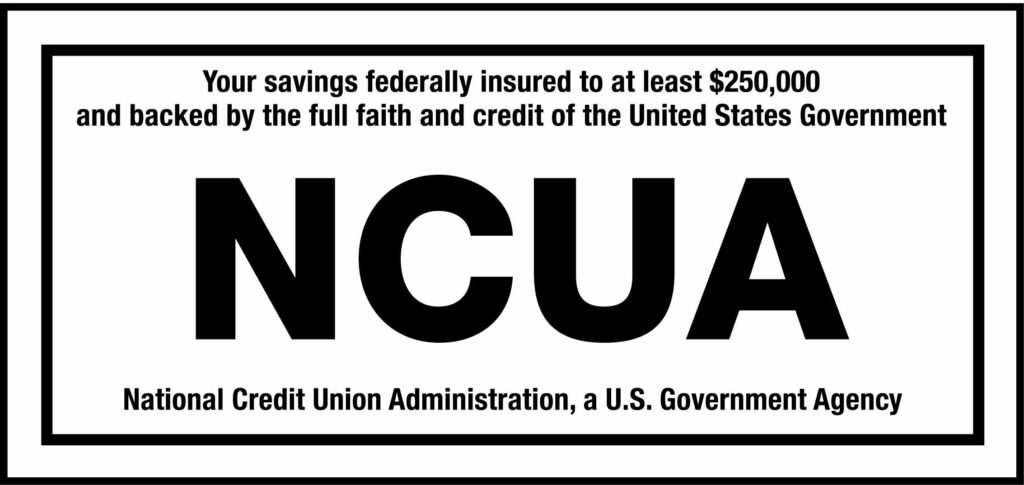Are You Underwater On Your Car Loan
Are You Underwater On Your Car Loan?
Understand your financial situation
Learn the terminology

Before you can determine if you’re underwater on your car loan, it’s important to know exactly what this term signifies. According to Philip Reed, a writer for NerdWallet, being underwater on a loan means that you have negative equity. In other words, you owe more on your loan than your car’s value.
John M. Vincent, writing for U.S. News & World Report, says having an upside-down car loan is a problem when you go to trade in your car at the dealership. If you have positive equity, your car’s trade-in value can go toward your new vehicle’s down payment. However, with negative equity, you won’t be able to put anything toward the down payment. In addition, if your vehicle gets stolen or totaled, Vincent notes that your insurance company won’t provide enough money to pay off your loan.
Know where you stand
To discover whether or not you’re underwater on your car loan, Emily Delbridge, writing for The Balance, recommends first finding out the current value of your car. You can do this by going to a website like Kelley Blue Book and inputting information about your vehicle. You’ll need to know the make, model, year, mileage, and other details of your vehicle to see its estimated value.
Then, Delbridge advises taking a look at your loan balance. Your auto lender may provide this when sending out your monthly bill, or you may need to call your lender or view your account online to see how much you still owe. If the amount you owe is more than your vehicle’s value, you’re upside-down on your loan.
Resolve the issue
Once you know you have negative equity, Reed recommends taking action to have positive equity again. You can make additional payments toward your principal to both reduce your loan faster and lower the amount you owe in interest. Another option is to refinance your loan for a shorter term. Although this will increase your monthly payments, it will also potentially decrease your interest payments overall and allow you to pay off your loan faster.
Vincent suggests selling your car on your own to get the highest potential price for it. While it can take some time to find the right private-party buyer, you may be able to pay off much of your loan with the money you receive. Then, when you shop for your next car, he says to choose one with a substantial cash rebate to cover more of your loan.
It may be disheartening to find out you’re underwater on a loan, but there are many solutions to get above water again. If you’d like to learn more about the solutions specific to your situation, talk to a financial advisor.




